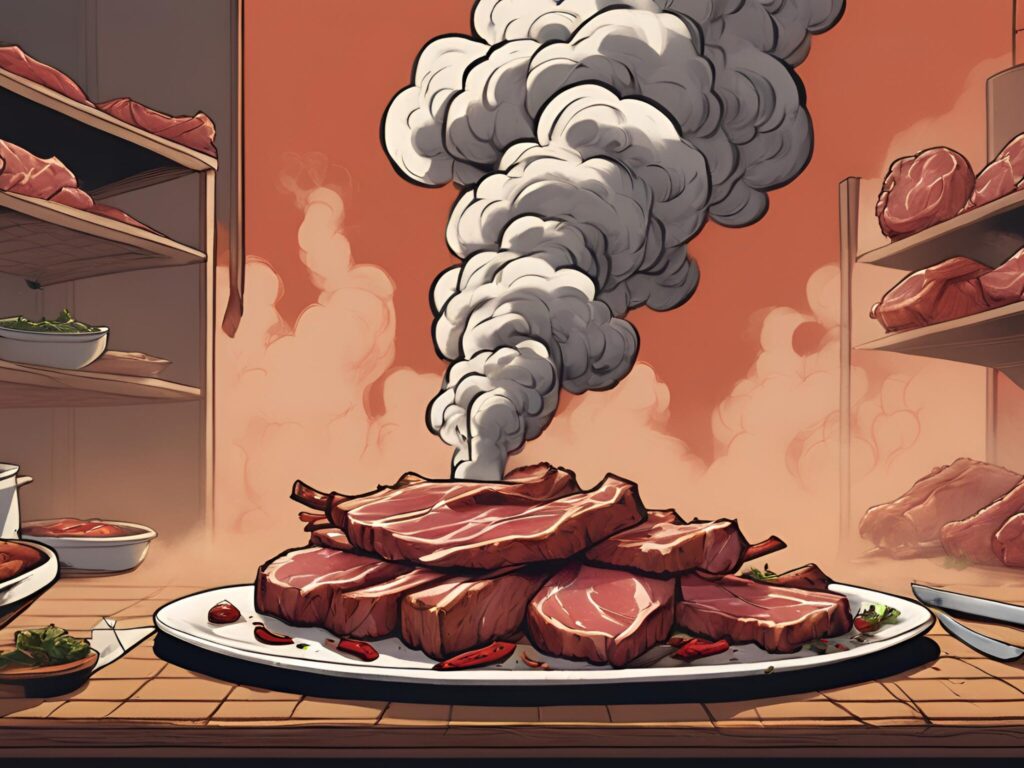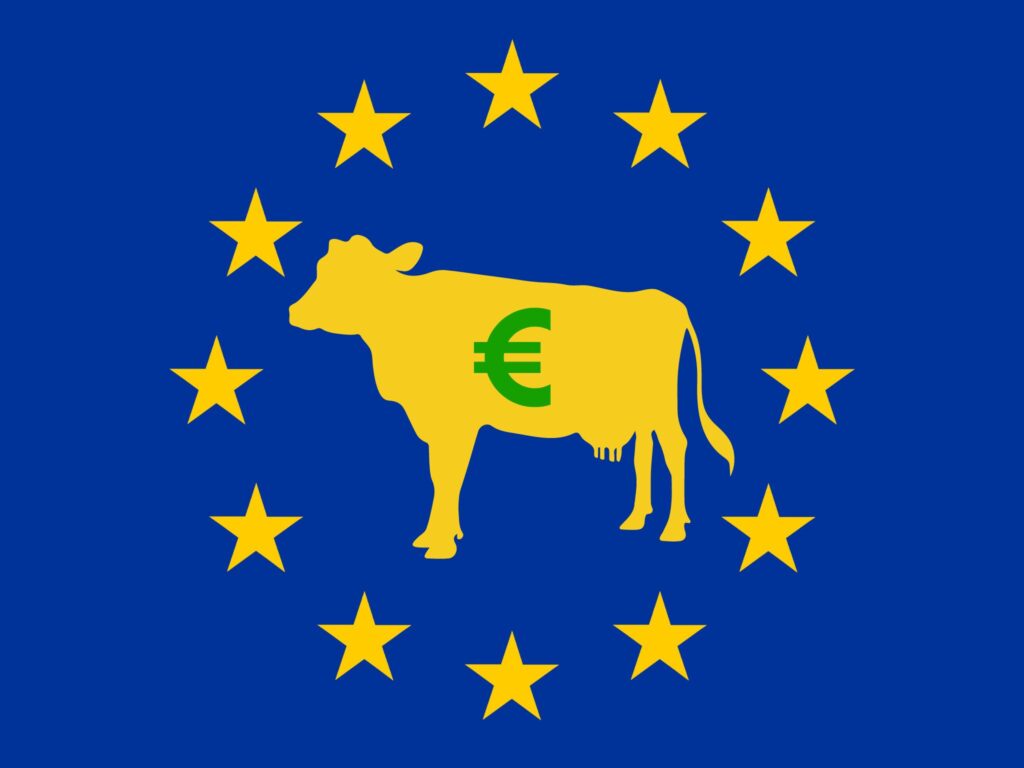EU Commission Greenlights €700M Dutch Scheme for Livestock Producers to Voluntarily Close Their Farms
4 Mins Read
The European Commission has approved a €700M sustainability scheme by the Dutch government to compensate farmers who voluntarily close livestock sites.
A compensation scheme by the Netherlands government that pays farmers to close voluntary close their livestock farms has been approved by the EU Commission.
The €700M aid fund is aimed at promoting a more sustainable food system, enabling a just transition for livestock farmers in certain areas of the Netherlands who close their sites and help improve the quality of the environment.
Running until October 1, 2029, the scheme will apply to small and medium-sized farmers in priority areas designated by Dutch provinces, including peatlands, sandy soils, and stream valleys, as well as around the EU’s Natura 2000 network of protected areas.
Closing livestock farms ‘necessary’ for sustainable agriculture goals

For livestock farmers to be eligible for the scheme, their site’s annual nitrogen emissions must meet certain thresholds that will ensure the closure will bring about a substantially positive impact on the environment.
The funds will be distributed in the form of direct grants and subsidised advisory services, and cover up to 100% of the eligible costs, which include compensation for the loss of production rights and capacity, the dismantling and disposing of production capacity, and other related expenses.
While the details of the EU Commission’s decision remain confidential for now, the executive arm of the bloc reviewed the scheme under its state aid rules for the agroforestry sectors and rural areas, and regulations that allow member states to support the development of certain economic activities.
The initiative was found to be a “necessary and appropriate” approach for the “sustainable and environmentally friendly development of livestock farming”, with limited impact on competition and trade in the region.
The decision follows the EU’s approval of another scheme by the Dutch government, which sought to compensate livestock farmers for relocating their businesses away from nature conservation areas in the Netherlands, with total funds of €105M.
And last year, it also greenlit two other Dutch schemes (LBV and LBV-plus) looking to reduce nitrogen deposition in nature conservation areas. The EU noted that livestock farmers can only participate in one of the three schemes.
The EU and livestock: an uncomfortable marriage

The EU has – let’s just say – a complicated relationship with the animal agriculture sector. It recognises the threat this industry poses to the climate, and has been investing in planet-friendly alternative proteins of late.
But 82% of the public subsidies it provided to farmers under its Common Agriculture Policy (CAP) in 2013 go to livestock agriculture (which makes up 17% of the region’s entire greenhouse gas emissions), at least four times higher than what plant-based producers get. While the CAP has since been revised twice, this share has remained largely the same.
Meanwhile, one investigation in 2023 revealed that industrial farming lobby groups have close ties with certain MEPs, who have been forming alliances to stall Farm to Fork reforms and resist Green Deal legislations. Supporting the “objectives of the European Green Deal” was one of the key reasons the EU Commission approved the Dutch aid scheme.
Pushback from lobbying groups also led to a delay in the EU’s promised ban on caged farming, which has now been put on hold indefinitely. The EU Commission is now facing legal action for failing to deliver the promised legislation.
To make matters worse, the EU’s newly elected parliament has an inflated far-right presence, with the Greens losing a bunch of seats – there’s a lot of apprehension about what this could do to the region’s climate action.
The Dutch aid scheme is among a number of innovative efforts from EU members to curb the planetary impact of livestock farming. The sector is responsible for 84% of the bloc’s food emissions, despite animal products only providing 35% of calories and 65% of proteins in the EU.
A landmark legislation on this front came from Denmark this year, which approved a carbon tax on meat and dairy production starting in 2030. Local farmers are likely to pay around $100 per cow annually for the first five years, before a tax rate hike would take that to over $250.
In April, a survey of over 200 climate scientists and agricultural experts suggested that emissions from livestock farming need to peak by 2025, and be halved by the end of the decade, to align with the 1.5°C goal. Eating fewer animal products and reducing the number of farmed animals were found to be the most effective ways to curb livestock emissions, with plant proteins and vegan meat and dairy analogues considered the ‘best available food’.



